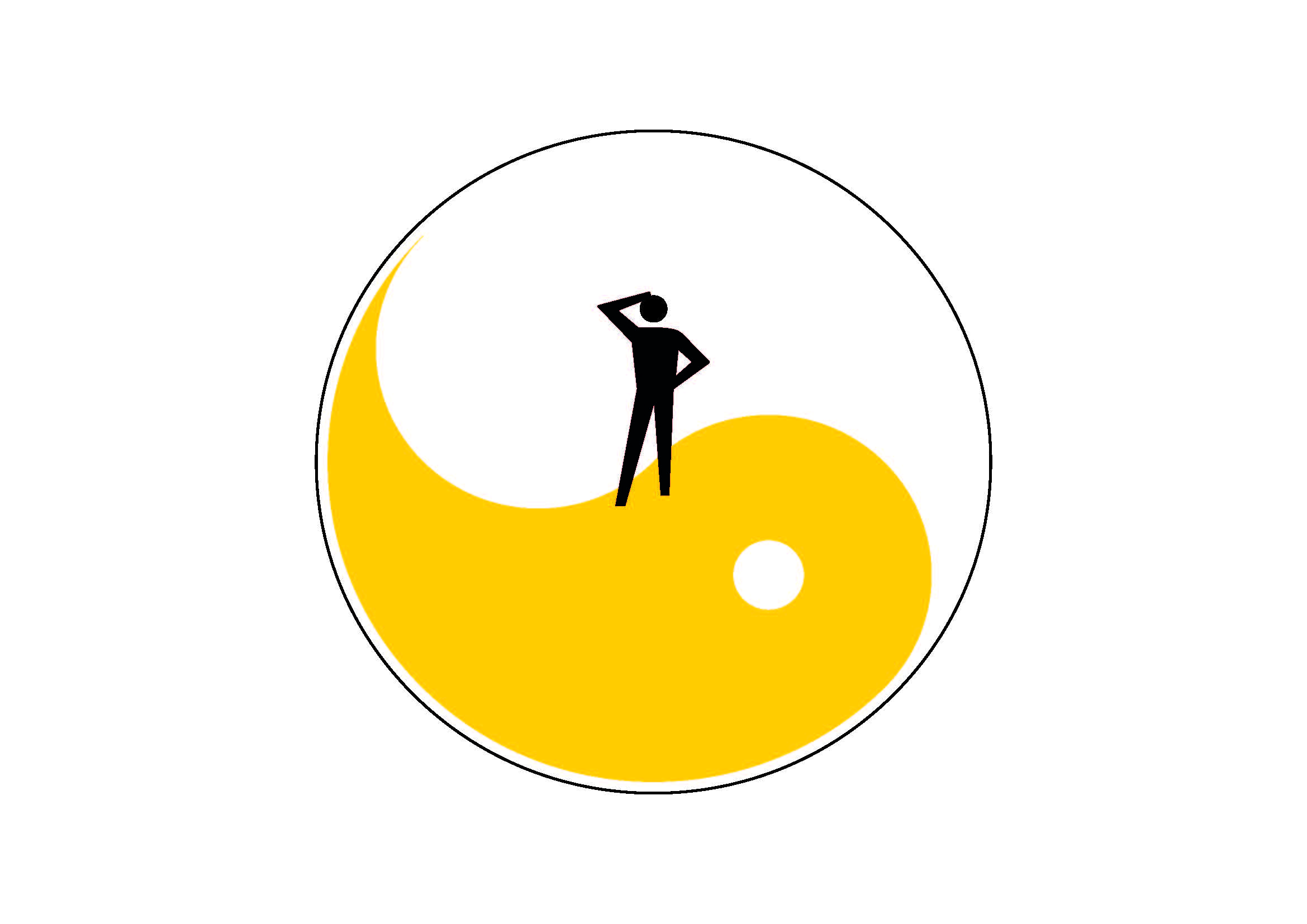Difference between revisions of "Holotopia: Convenience Paradox"
m |
m |
||
| Line 26: | Line 26: | ||
<p>The most fertile ground for cultural intervention is, however, the intersection of the above two shadowy grounds. <em>How does our ability to feel</em> (literally <em>how</em> we feel) change in response to subtle <em>long term</em> causes? Like planting and watering the seed... What sort of seeds do we have?</p> | <p>The most fertile ground for cultural intervention is, however, the intersection of the above two shadowy grounds. <em>How does our ability to feel</em> (literally <em>how</em> we feel) change in response to subtle <em>long term</em> causes? Like planting and watering the seed... What sort of seeds do we have?</p> | ||
</div> </div> | </div> </div> | ||
| + | |||
| + | <div class="row"> | ||
| + | <div class="col-md-3"><h2>Myths and Errors</h2></div> | ||
| + | <div class="col-md-7"> | ||
| + | <h3>Myth 1</h3> | ||
| + | <p> Text </p> | ||
| + | |||
| + | <h3>Myth 2</h3> | ||
| + | <p> Text </p> | ||
| + | </div> </div> | ||
| + | |||
<div class="row"> | <div class="row"> | ||
Revision as of 07:30, 11 April 2020
Contents
H O L O T O P I A
Convenience Paradox
Pitch
Renaissance pitch
The Renaissance emancipated our distant ancestors from a worldview where the happiness can only be attained in the hereafter. The culture changed thoroughly; and the arts blossomed. Could a similar change be in store for us today?
Lightbulb pitch
Could we be wasting this opportunity? Could we be pursuing happiness 'in the light of the candle'—and using our immense resources to only make ourselves more miserable?
Scope
Without suitable information to show us the way, we have confused happiness with convenience—with what feels desirable, what appears to make our lives enjoyable and easy.
We use the light of information to illuminate what has remained in the shadow—the way to happiness (or whatever else we might reasonably choose to be our destination).
Furthermore, happiness is an emotion, which takes place inside of us. It only appears to be "caused" by outside stimuli. But causality being our trusted way to "truth"...
The most fertile ground for cultural intervention is, however, the intersection of the above two shadowy grounds. How does our ability to feel (literally how we feel) change in response to subtle long term causes? Like planting and watering the seed... What sort of seeds do we have?
Myths and Errors
Myth 1
Text
Myth 2
Text
View
Whole realms of happiness have remained unattended to!
Convenience (what appears pleasant and easy, or more generally attractive)—our culture's favored value, or rule of thumb—is a deceptive and paradoxical value. It is deceiving us, keeping us in the dark, baring us from the largest and most wonderful opportunities.
The advertising, of course, endlessly amplifies this deception of our senses.
Ideogram
Surprisingly often, convenience as direction (reaching out for what feels pleasant or attractive) leads to a less convenient condition. The way to happiness must be illuminated by suitable knowledge.
Federating the Convenience Paradox
Stories
Lao Tzu
According to tradition (which we here use as a parable), a wise man was about to leave China and withdraw to his final meditation, 25 centuries ago. A guard stopped him, and asked him to leave his word of wisdom, for the mankind.
Needless to say, Tao Te Ching is all about the convenience paradox! And Master Lao has been credited as the main proponent of "Taoism"—which of course is exactly the message of the Convenience Paradox ideogram. "Tao" literally means "way".
Our situation now is that just about all tradition has been eradicated, by the modernization as we've had it. What do we need to preserve, from the wisdom of the ages, and offer it to our next generation?
I M A G E
Lao Tzu
Feldenkrais and Alexander
This story is both an example and a parable.
We create and use the technology to make our lives easy. Yet the by far heaviest object that we ever lift and carry around is the one we can never get rid of... "Correct action feels, and is effortless." The story here is about how Moshe (a proven polymath and giant) combined a doctorate in physics with a thorough Judo education to understand something fundamental about—ourselves.
F. M. Alexander taught about permanent tension, and the habit of tensing. Connected it with "end gaining", and advocated focusing on "means whereby" goals are attained—meaning on the quality of action. Or in other words—on the way.
I M A G E
Caption
The Buddha and Rumi
A prince in India, 25 centuries ago, sees people suffer... Not very plausible...
Dukkha.
Nafs...
Ability to love...
I M A G E
Caption
Action
Pursue wholeness
Text
Develop culture.
Text
Prototypes
Movement and Qi course
Text
Definition of addiction
Text
Definition of culture
Text
Back to Five insights

